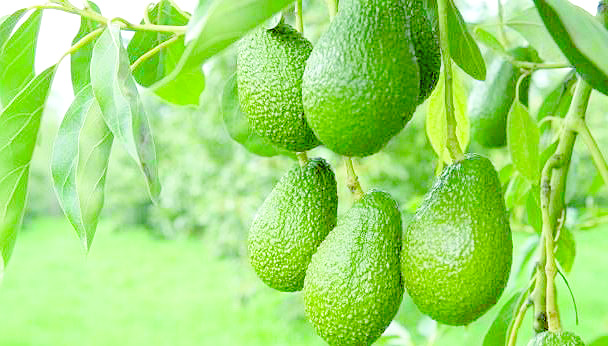Kenya unveils guidelines to ensure safety of avocado, beans
By Nicholas.Waitathu, May 9, 2023Government and horticulture value chains have launched new guides for avocado, beans and peas in pods for farmers to help them manage the challenges of high rejections and interceptions in the European Union (EU) market.
Harsama Kello, Principal Secretary State Department for Crop Development, Ministry of Agriculture noted that there have been restrictions in the EU market due to excess accumulation of pesticide residues (MRLs) in food products, among other challenges.
“Fresh produce exporters have had some of their consignment rejected at the points of entry due to high rejections or interceptions in the export market due to molecules such as Chloropyrifos, Chlorothalonil, metamidophos, metalaxyl and Acephate. This has contributed to the cost of doing business and thus affecting proceeds,” he said.
Kello made the remarks during the launch of Good Agricultural Practice Guides at a Nairobi hotel. The guidelines have been developed by the National Horticulture Taskforce (NHT) that comprises Kenya’s horticultural stakeholders in the private and public sector.
He added: “Horticulture industry has grappled with frequent and rising interceptions due to exceedance of MRLs, especially in beans and peas in pods. For example, in 2022, Kenya closed at 71 notifications as opposed to 57 and 56 notifications in 2021 and 2020 respectively.” Kello noted that increasing MRLs interception leads to market loss, bad imaging of Kenya’s produce, decrease in value and volume of local produce exported especially in the EU.
Exported produce
Other challenges include detection of banned chemicals such as Acephate on exported produce namely French beans and peas, harvesting and export of immature fruits and poor post-harvest handling practices (transport) of avocados.
The taskforce has set guidelines that outline the procedures to be adopted by various value actors the beans, peas and avocado value chains to ensure and assure compliance with both market and Sanitary and Phytosanitary (SPS) requirements at national, regional, and international level.
Clement Tulezi, NHT chairman explained that the guides’ further aim is to impart knowledge to the agricultural stakeholders on the good practices they can adopt to enable the sector to produce and sell quality horticultural produce to the destination markets.
He stated that the good agricultural guides have come at a critical moment in the horticultural sector of Kenya which is currently facing major bottlenecks that need to be addressed to enable it to competitively thrive in the marketplace. In 2022, Kenya earned Sh146 billion from horticulture exports, with flowers, vegetables and fruits contributing Sh103 billion, Sh23 billion and Sh20 billion respectively.
More Articles

